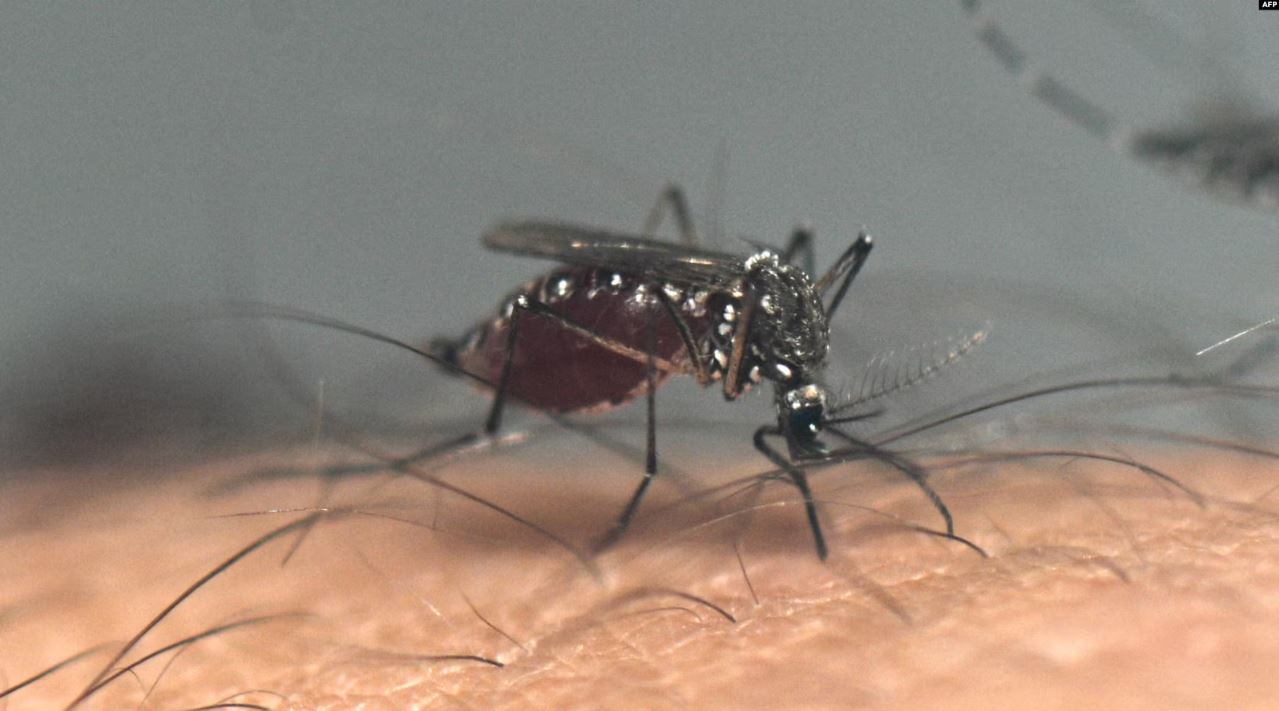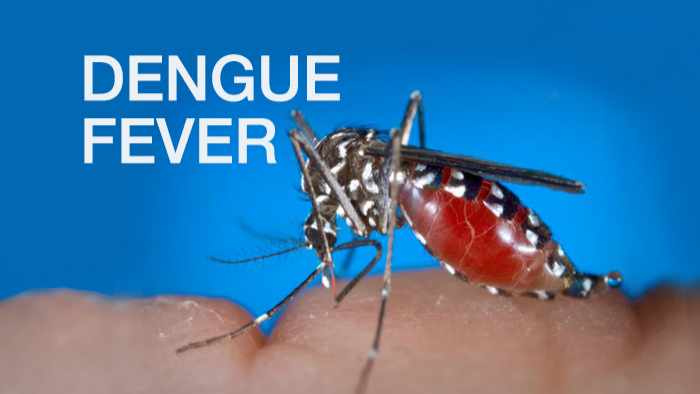by Josh Robbins
Walking down the long cold hallway of the medical facility after hearing the simple, but definitive statement, “It’s a positive viral load,” feels like yesterday. But it was nearly three years ago.
A lot has changed since then — my habits, my outlook on life, and how I value relationships and myself. But one thing remains the same:
I’m still Josh.
I’m still the guy that loves to push himself to the limits. I’m still the small business owner that struggles like other entrepreneurs. I still make myself find the positive in situations. I still make jokes, mainly about my own circumstances and experiences. They’re arguably uncouth at times, but it’s all part of my attempt to self-medicate through humor. And I’ve learned to appreciate those moments of laughter.
I still live in the moment, being honest with myself and taking selfish moments to enjoy them. I still get disappointed in myself for my mistakes and failures.
Exposing myself to the virus isn’t a moment I’m very proud of. It was more than a mistake. It was more than a poor decision, but it wasn’t intentional. I messed up.
And it changed me. It’s still changing me.
Part of learning to accept myself requires sometimes looking in the mirror and valuing who I am, humbling myself by what I have experienced, and remembering to be thankful that I’m one of the “lucky” ones.
I was diagnosed only weeks after initially being exposed unknowingly. But I was immediately linked to care and treatment and remain devoted to my healthcare now.
The single hardest moment in my journey thus far has been realizing that I can’t fix this. I can’t do enough good deeds — volunteer, advocate, or raise enough money — to get myself out this situation.
My vulnerability comes from thinking that if I do more, I can somehow change the way others value me. Simply put: I care what others think and want people to remember me more for what I have done in spite of living with HIV, not as the guy who became infected because of a poor decision. Yet that remains the huge pink elephant in the room, right? For me, it wasn’t a blood transfusion that gave me HIV.
Here’s what‘s happening in my world, day-to-day: I’m living.
That sounds simple enough, doesn’t it?
Living.
I’m living and advocating for issues that affect me as much as they affect my peers.
I demonize the words and things that make individuals living with HIV feel shame and judgment. I hate the word “clean” now.
Are you clean?
Are you disease-free?
It’s so unfortunate that I admit that I’m ashamed of the fact that those words, as early as only a few years ago, fueled the ignorance and lack of understanding of what the virus meant, and what treatment that controls the viral load actually meant.
I’ve learned to hate HIV stigma. I mean I really, really hate the stigmatization that those of us living with HIV experience every day.
I have learned to do more than ignore it. Remaining silent isn’t a personality trait of mine that often surfaces.
I confront the stigma, if I can. Sometimes that means looking my best friend in the face and hugging him after correcting his ignorance. It means explaining to my mom why putting HIV-positive people in jail for non-disclosure really is a terrible thing for those of us working to prevent new infections. Sometimes it means I need to walk, protest, make a video, blog, or a phone call.
It took contracting HIV to get the personality traits of an activist to surface in me. I made a choice to talk about HIV in my community and online because I wanted to, I could, and I was in control of the results. I was safe.
Being an activist doesn’t make me brave. It doesn’t make me a hero. It was simply the right time, and I’m the right person to continue the conversation that so many others are a part of too.
HIV is a virus. It’s only a virus. Although there is no cure yet, the medications currently available drastically increase the ability of those living with HIV to lead normal lives. But the conversation doesn’t have to stop there. For those living with HIV and our allies, merely surviving isn’t enough. We can do more.
It starts quite simply with our speech. Why can’t we be more understanding of those living with the virus? Many fear telling their families they live with HIV. We need to help them overcome that fear. Why can’t we stop the judgmental conversations derived from fear and ignorance of transmission routes that we hear in our communities? But mainly, why can’t we choose to offer encouragement to those living with HIV?
We can.
We must.
It’s my opinion that simple encouragement and words of wisdom to those newly diagnosed with HIV can actually be one of the greatest tools to help prevent new infections.
How? By offering encouragement. Supporting people living with HIV and those newly diagnosed offers compassion at exactly the right time. It’s more than just wearing a red ribbon.
Being HIV-aware and offering understanding, compassion, and encouragement empowers people. Empowered people speak freely and openly within their own circles and communities, and they become the new faces of the virus in a very real and vulnerable way. I have witnessed this numerous times in my activism. The best part is that funding for this sort of prevention is free.
I’m an HIV activist who uses social media and digital spaces to attempt to provide that type of needed support. But I’m not the only one. There are many others who are doing the same type of HIV activism, and it’s having a far-reaching impact. People like: Jack Mackenroth, Patrick Ingram, Maria Mejia, Kevin Maloney, Aaron Laxton, Alex Garner, Chris Richey, Tyler Curry, Mark S. King, Sean Strub, Ongina, and so many more.
I am more than a cause. I’m Josh Robbins. Raising HIV awareness today means helping us all reduce the stigma that remains, by speaking up and encouraging those who live with the virus. Once you look past the misconception that this requires a ribbon, it will then become your passion to make living a little bit easier for others. Now that’s a cause worth supporting!



